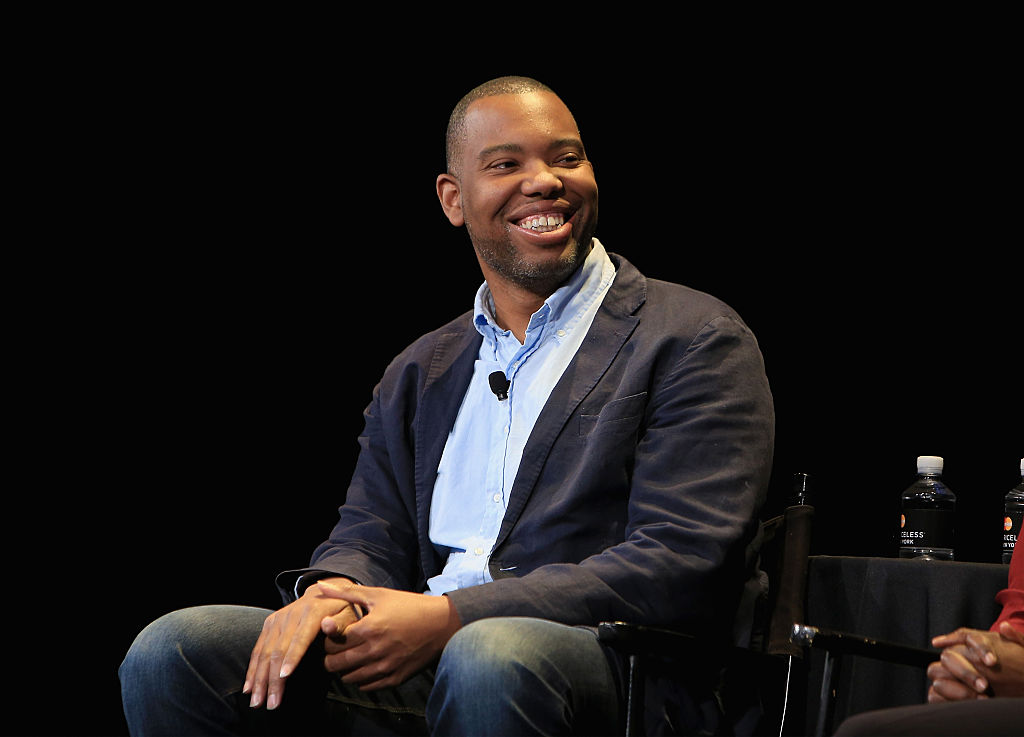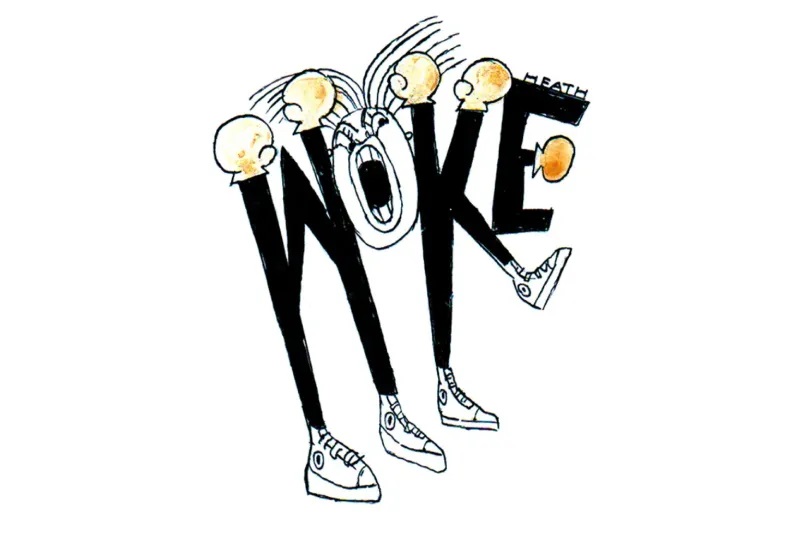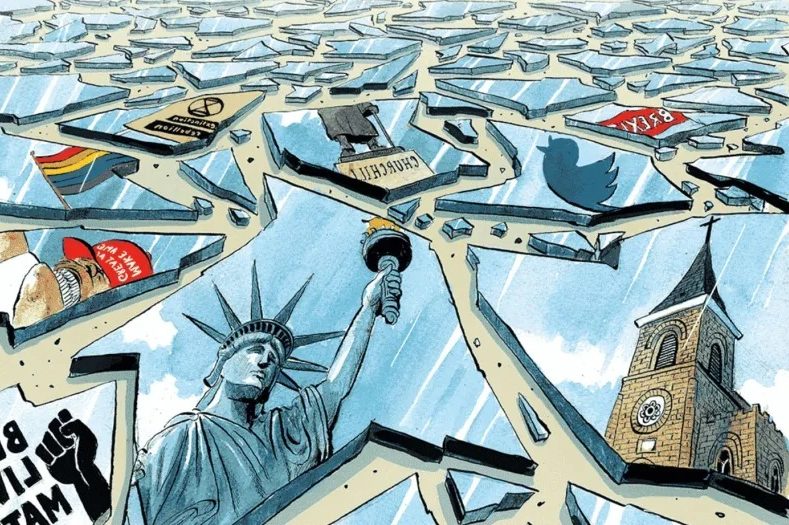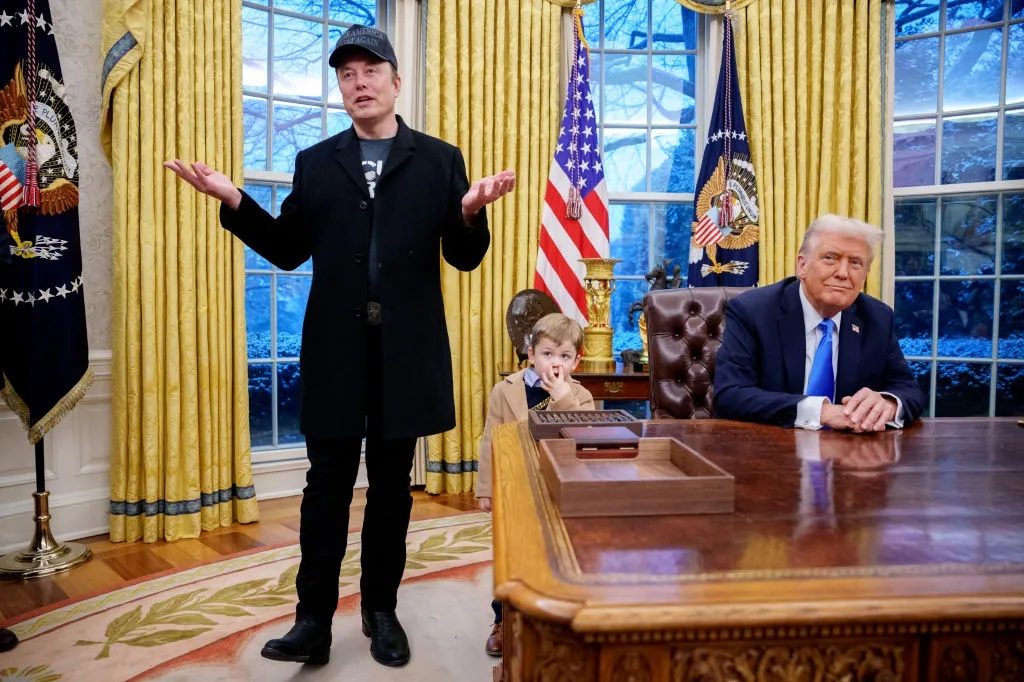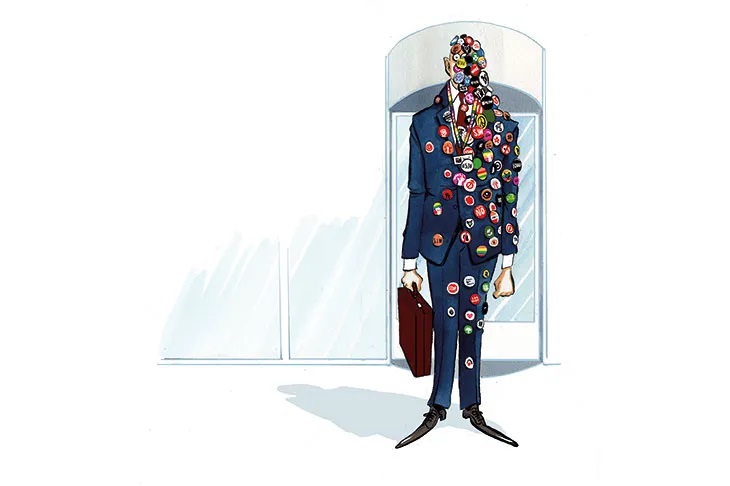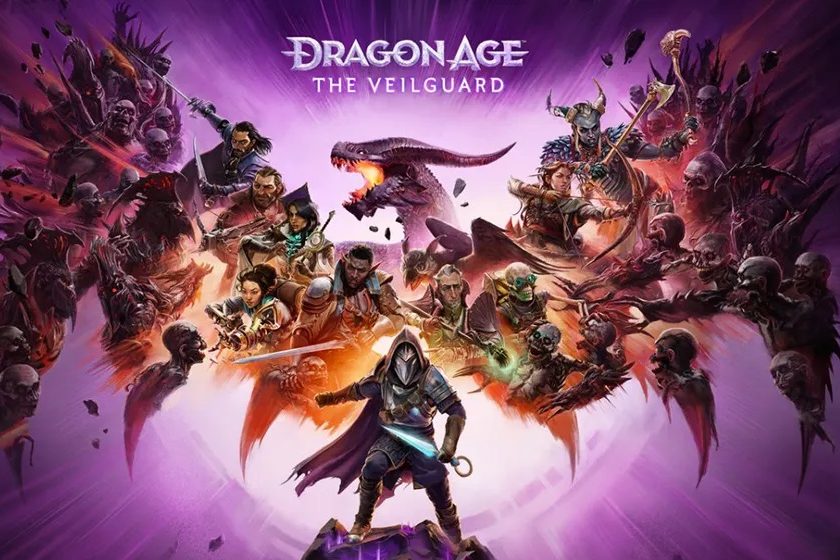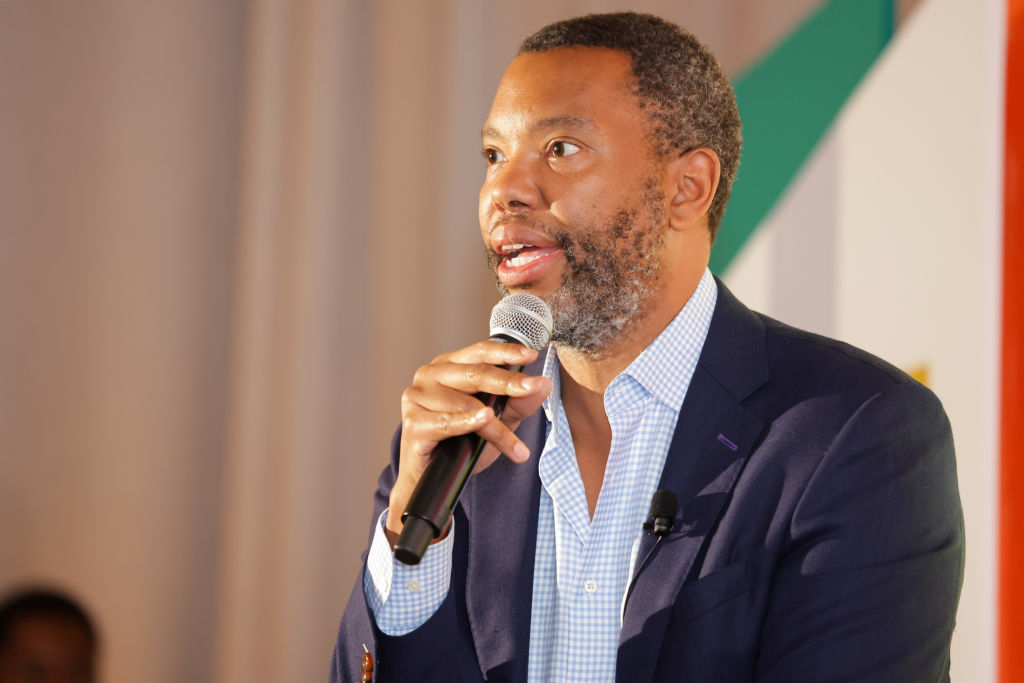Of all the unanswered questions of our time, perhaps the most fascinating is ‘who created woke capitalism?’ For those living in splendid isolation from the mass media: woke capitalism is a description of the ever growing number of corporations that take risky, high-profile stances on social issues. Woke capitalism is Nike’s Kaepernick campaign. Woke capitalism is Diageo creating limited edition bottles of ‘Jane Walker’ for International Women’s Day. Woke capitalism is a Conde Nast publication coming out with approving features about Karl Marx.
Woke Capitalism is a trend rather than a movement. It has heralds rather than theorists. It is akin to a fog, a gas or an atmosphere. It has no need for reason: it hectors its enemies, it passionately advocates its causes and it cloaks the dubious labour practices of much of the current economic order in the supposed innocence of social justice dogmas. It is an amalgam of the conscious choices, unconscious desires and the idealistic fantasies of publicists, influencers, editors, Katy Perry, advertising technologists, Tumblr gurus and a legion of Beyoncé GIF makers.
The undoubted, and possibly unintentional genius of this global creative class, is to create a form of capitalism that mobilises indifferent, anti-corporate, vexing-to-advertise-at millennials into platoons of belligerent brand promoters who sweep through social platforms scolding old white men who cut up their Nike socks.
In the process, self-styled radicals have become shills for the system they think they’re bringing down.
Ta-Nehisi Coates is surely the most prominent herald of woke capitalism. Coates is the most famous writer in America, which makes him de facto the most famous writer in the world. He’s written one good book that nobody’s read, one bad book that everybody’s read and one cash-in-your-chips volume of previously published material that made his publishers very happy.
Though he has churned out thousands of words, the Coates project is fairly easy to sum up. Quite simply: America was, is, and always will be a racist country dominated by white supremacists. ‘In America,’ Coates writes, ‘it is traditional to destroy the black body – it is heritage.’
It is the influence of his ideas rather than the content of them that is striking. Since 2016 his memoir Between The World and Me has been required reading for freshmen at elite American colleges. His last blockbuster essay for the Atlantic ‘Donald Trump Is the First White President’ was marked by an appearance by Coates on The Late Show with Stephen Colbert. This is the public intellectual as superstar, a role that’s been vacant since the death of Gore Vidal in 2012.
The year Vidal died saw the last remnants of the Occupy movement swept out of American cities. Since then Coates-style identity politics has replaced economic inequality as the lens through which an entire generation views politics. It is easy to forget what an ingeniously seductive slogan We are the 99 per cent really was, as well as the bleak mood of sustained doubt that surrounded capitalism following the 2008 crash. Back then, the entire structural basis of the global economy was being called into question. Warnings about the end of the system proliferated. Scared billionaires began buying up massive estates to flee to in New Zealand in case the revolution suddenly broke out. One of their class captured the mood perfectly in a TED Talk: ‘Beware, fellow plutocrats, the pitchforks are coming.’
But the pitchforks never showed up. Instead, the Coates story, rooted in identity, rather than inequality, captured the hearts and minds of millennials. Potential radicals retreated from the streets, where they are potentially dangerous, to Tumblr and Snapchat, where the only people they can hurt are themselves. Once again the contradictions of capitalism did not destroy it.
Capitalism simply accelerated and escaped into wokeness.
What a hideous irony it is for Coates that – even as the black unemployment rate hits an all-time low under a Donald Trump presidency – his work has been amazingly influential with an audience he intended to chastise, rather than court: the predominantly white, wealthy class who manage the most important institutions in America. Coates’ critique of them didn’t change the way they ran the country in any deep way, instead a privileged elite learned to justify its existence by posing as the champions of minority groups and the disadvantaged.
Bizarrely, Coates, the son of a former Black Panther and a writer who clearly knows his Marx, may well have done more than any other intellectual of his generation to save capitalism. After all, if you’re a plutocrat, what is more threatening:
Option One: A powerful critique of economic injustice and the enormous, unaccountable power of the financial world; a searing reminder of the continued existence of the class system. Slogan: We are the 99 per cent.
Option Two: An earnest critique of the number of dead white men (Boo! Go back to Athens!) on the curriculum and the enormous power of certain Hallowe’en costumes to offend minority groups; a searing reminder of the continued existence of white supremacy. Slogan: The Personal is Political.
Option One is a direct challenge to capitalism. Option Two is woke, but not anti-capitalist.
There’s a shrill tendency on the right to view these developments as a harrowing series of Kulturkampf losses, yet another signpost on the road to a future American gulag where Teen Vogue readers hold the whip hand, forcing the last remaining descendants of William F. Buckley Jr. to eat soy-based meat substitutes, forever.
They couldn’t be more wrong. The arrival of woke capitalism spells the end of the possibility of genuine revolution, at least for another generation. Revolutions are hard work. One usually has to give up time, money, physical safety and comfortable lodgings to achieve it. Cockroaches, boredom and secret police are commonplace enemies. Present laughter is sacrificed for a future utopia that might never materialise.
Do the children of today’s white-collar professionals – who Coates is paid enormous sums to lecture – have the will or the stamina to overthrow capitalism?
Or did they find a way to rationalise social inequality by making appeals to buy trainers more belligerently diverse than they used to be, even as real change remains as far away as ever?
The effect of the triumph of his own ideas on Coates is clear. The writing underwent a marked decline, less empathy, less curiosity, less freshness in its expression; the general feeling on the reader’s part of being addressed by an Old Testament prophet. In May, he was reduced to telling Kanye West what he was and wasn’t allowed to think, cheered on by the virtual, mostly white crowd whose sense of moral superiority he’s done so much to fortify.



